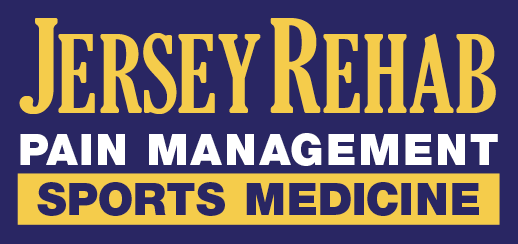The Important Relationship Between Stress and Chronic Pain
It’s no secret that stress and chronic pain are interwoven. In fact, one of the first questions that doctors ask pain patients is how much stress they are under. The reason for this is because chronic pain can be a symptom of stress. People often assume that stress, depression and anxiety only have mental symptoms, but they have physical symptoms, too.
Even though stress and chronic pain are interrelated, pain is more than a side effect of stress. It’s possible to have stress and never experience pain, and it’s possible to have pain and not be under stress. This is why it’s important to separate the two.
Why Stress and Pain are Connected
When the body is in pain, the brain responds by getting fired up. It sends the body into fight or flight mode, preparing it to fight off whatever is causing the discomfort. When the pain stops, the brain calms down and turns off fight or flight mode, allowing the body to relax.
If you have chronic pain, your fight or flight signals stay on. In other words, your body is in a constant state of sensitivity, which means even simple things can create pain. Plus, being under constant stress puts your body at a higher risk for illness or depression.
Furthermore, if you do develop depression, this disorder makes it harder to enjoy life. You may no longer take pleasure in playing with your kids, working out at the gym or being intimate with your partner. All of these things are meant to decrease stress and relieve pain, so if you’re not doing them, your body doesn’t get a break.
How Chronic Pain is Approached
Each person is unique and responds best to an individualized treatment plan. However, it’s not uncommon for doctors to prescribe an antidepressant to a pain patient, even if their mood seems fine. Antidepressants change the way the brain perceives pain and also boosts the mood. This makes it easier to enjoy stress-relieving activities like exercise, hobbies and socializing.
For some individuals, antidepressants are not enough to combat the pain. Seeing a pain management specialist can be helpful, as you can better understand the type of pain you’re having and where it’s coming from. A wide range of alternative therapies are available, such as nerve blocks, soft tissue injections, steroid injections and others. The goal of these therapies to relieve pain and improve quality of life.
For an individualized pain management treatment plan that addresses your pain, request an appointment with Jersey Rehab Pain Management. We treat a wide range of pain conditions and help all clients live their lives to the fullest.

